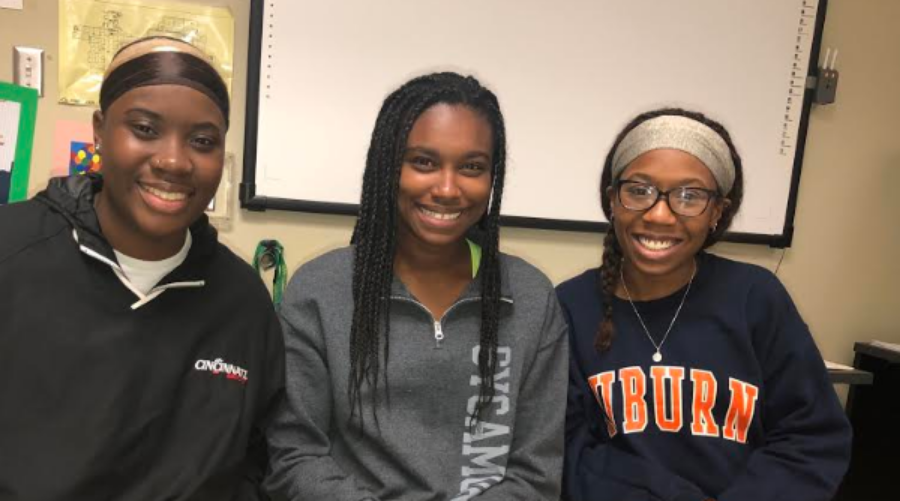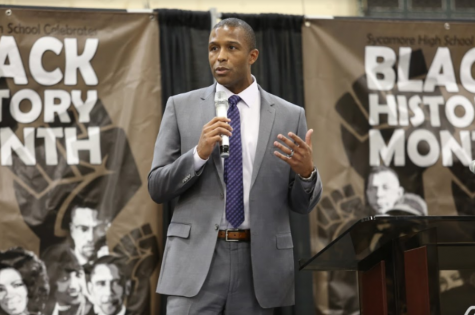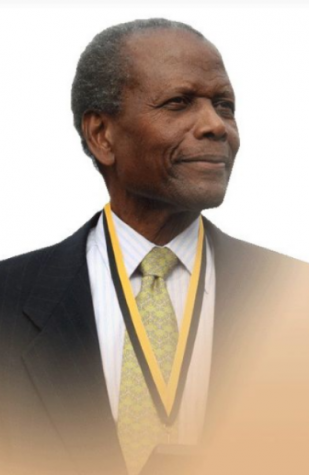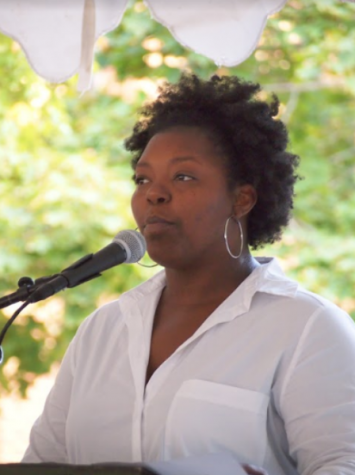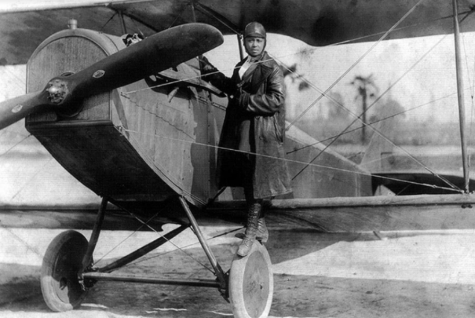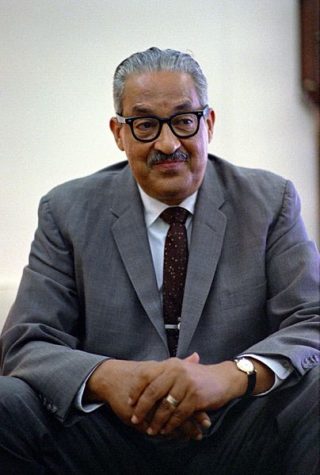Q&A with Young Scholars
Pictured from left to right: Young Scholars President Nia Jeter, Vice President Megan Oduyoye, and Communications/Public Relations Officer Autumn Forte.
On Feb. 7, two Leaf staffers sat down with the leaders of the Young Scholars to discuss the importance of Black History Month and what they are doing to increase awareness of the month. Young Scholars President Nia Jeter, Vice President Megan Oduyoye, and the Communications/Public Relations Officer Autumn Forte explained what activities they have planned for SHS this month.
Q: Why do each of you think its important that Sycamore does this every year?
A: Black history is American history. I think a lot of students here are not as informed on it as they should be, especially in our curriculum students aren’t taught very much about black figures it’s normally Martin Luther King, Rosa Parks, and Harriet Tubman and that’s about all people know about. Honestly, a lot of people don’t even know when Black History Month is, so I just think that it is important that people are informed about it in order to know America’s history.
N: I think it is important because you know we celebrate a lot of different things throughout the year, then its Black History Month and black history kinda get pushed to the corner. I think it’s important that an entire month is dedicated to it, even know people don’t necessarily acknowledge it, it’s still there so you can promote things and get it out there.
M: I think it’s important not only for the history but also just to bring light to certain black issues that are not known; just kinda dedicate a month to bring awareness to what’s going on in the black community because some people because it doesn’t affect them don’t really know or care.
Q: What are your goals to achieve in Black History Month?
M: I would say to teach about other black inventors and just black history that people may not know about, like the actual first black woman to run for president most people don’t know who she is, or just like little facts or the movie “Hidden Figures” bringing light to someone like that instead of the mainstream history people.
N: I think it to bring awareness to it; we promote it every year and people see it, they may not care about it, but they still see it and have to acknowledge it. The goal is just to get it out there.
A: If students just to take away any type of new information about black history then our goal is reached. We are just trying to get people to learn more about African American figures in history.
Q: Are you guys doing a fundraiser?
N: Yes, our fundraiser will be Feb. 18 through the 22 and we will be donating all proceeds to the Boys and Girls Club. There will be an incentive for donating—
M: A little Black History Month treat?
N: Yeah, a little Black History Month treat. We will be down by the Hanger sitting there collecting money, anyone can drop a dollar, drop five, drop twenty, whatever you can give.
M: We may walk around ACE bells.
Q: Do you guys feel like students here take Black History Month seriously?
All: No.
A: They don’t take it seriously but at the same time they’re just not informed, like why should I care?
N: I think since the school doesn’t necessarily promote it [A: Right.] it’s not in our curriculum, there’s no African American Studies, no class like that. So when we go to history class all we hear about is WWI, WWII, oh ok FDR but we don’t hear about the in-between like the civil rights movement, we do that for what like a week maybe and a small test over it.
A: And a focus over like the two main people.
N: Right, Martin Luther King Jr. and Rosa Parks.
M: I personally think it’s because people are uncomfortable with the topic more than they don’t care they are just uncomfortable because everything people know about black history is slavery so it always goes back to that and they are always uncomfortable. I feel like it makes them that we ware…
N: Blaming them. That we have an attitude with them about the subject but they are not personally responsible for it but you have to acknowledge that okay this is what happened.
M: That we did it. It’s we. [N: Yeah, it’s we.] I think people are becoming more comfortable with the topic and maybe more people will care.
Q: What is a change you want to see in the students in regards to Black History Month?
N: I just want people to embrace it. And note that it is a part of history, not just there is this one month where they talk about different people. But just to acknowledge it.
M: Just take it seriously.
Q: Do you guys feel that other things are taken more seriously than Black History Month?
N: Absolutely, I think everything else is taken more seriously.
M: If it matters to them, if they have a personal connection to it.
N: They see it but they feel that it is not their place to say anything when honestly say what you want.
Q: What would be your ideal Black History Month here?
A: I just want people to sort of pay attention, it’s like when we like meet up and try and like make a plan for Black History Month we’re always like okay, we have to do something so kids will actually care or actually want to know about this. That’s our biggest problem, just trying to get people to like care.
N: It was hard because last year we did an assembly and this year we were like okay maybe we want to do an assembly but then it’s just like people if its seventh bell people will either leave or just sit there and talk and be on their phones so it’s, I don’t want to say a waste of time but it’s a waste of time to present it to people who don’t care.
M: This year we are giving them an option instead of forcing them to be in a room and forcing them to listen, we’d rather have people that want to listen and want to learn to come.
Q: What is one thing you wish students better understood about Black History Month and the meaning behind it?
A: African American history is not just slavery, that’s what I would like students to learn. We are way more than that.
N: It’s just like, okay, you see these things that have been in invented but you just like, when you know that a black person invented it but here go someone else getting all the credit.
M: Also, it’s not only educating the non-black people but the black people, like personally before “Hidden Figures” I had no idea anything about that so it’s bringing awareness to all, not just non-minorities.
A: Personally I enjoy reading books about Black History because I know that I won’t be taught that here so it’s something that I have to do but there’s so many kids who obviously not everyone’s interested in that and they’re not taught that at school so they don’t know that much about their own history because it’s not like we’re taught any of it.


